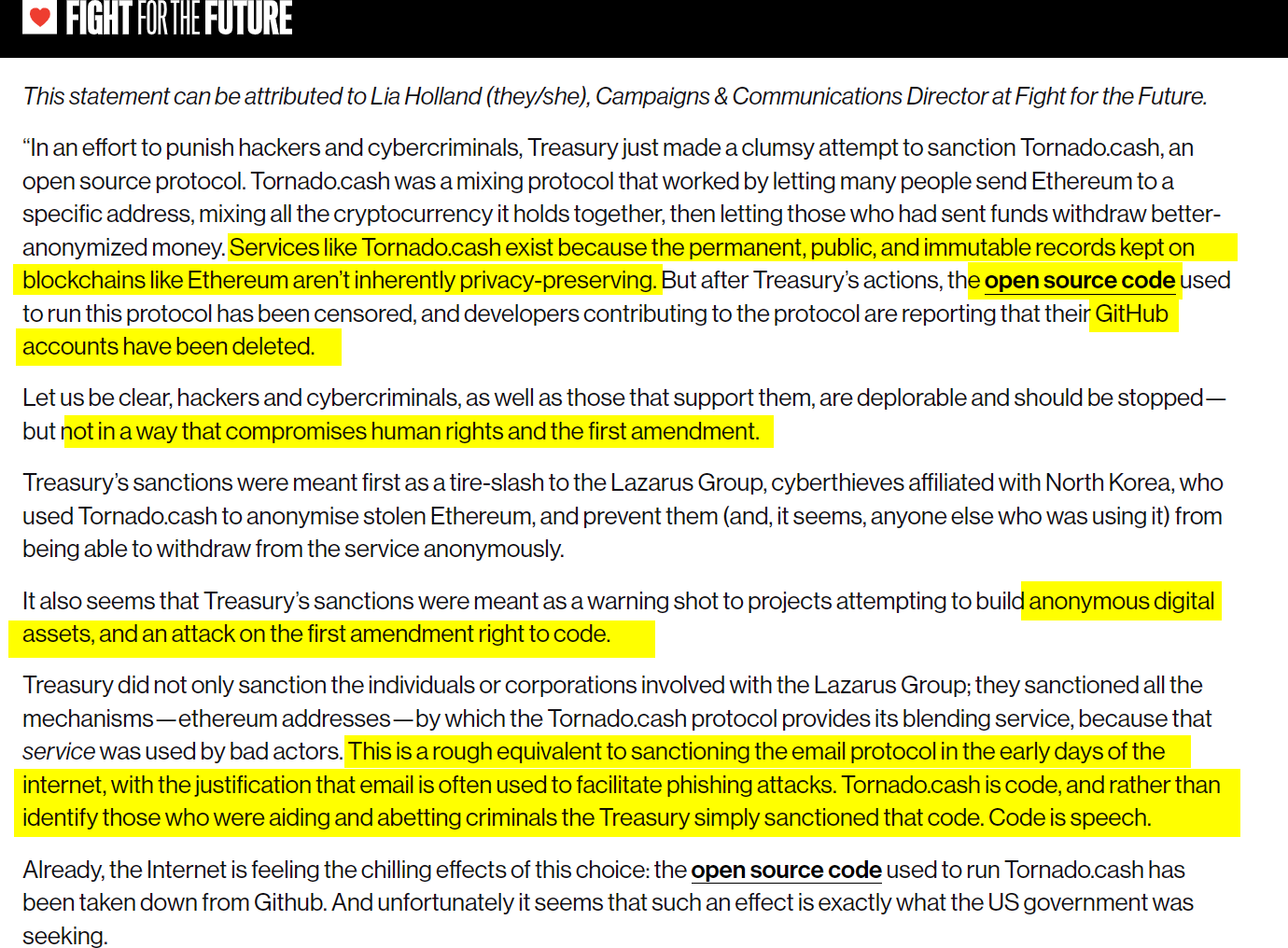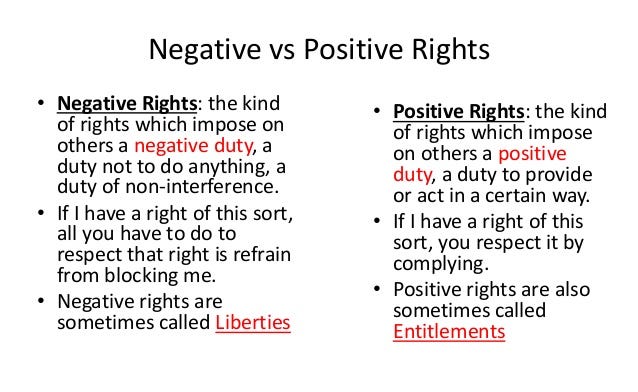Long Take: Can governments kill software? The US is trying with Tornado Cash.
Gm Fintech Architects —
Today we are diving into the following topics:
Summary: We discuss the sanctioning of Tornado Cash, a mixer used for both criminal and legitimate use cases, by the US Treasury. We parse concepts around speech, privacy, and due process as they relate to banning a particular implementation of open source software, and the intended and unintended implications of such precedent. This leads us to a broader discussion of the nature of rights, cultural taboos, and potential implementations of solutions for difficult questions.
Topics: crypto, KYC/AML, money laundering, legal rights, privacy
Tags: US Treasury, Tornado Cash, The Pirate Bay
Thanks for your time and attention. If you have ideas for companies or topics to cover next week, let us know by clicking the button below.
Long Take
A Tornado of Sanctions
Lots of people have lots of feelings. Let’s just get that out of the way.
Those feelings are like a tornado. A tornado of laundered money, and you can’t tell where the money came from. Because it was laundered.
Also maybe it wasn’t a tornado, but a smart contract that mixes cryptocurrency from different sources into one pot, and then sends that cryptocurrency to new addresses thereafter. And maybe that smart contract is a mixer called Tornado Cash, and then the US Treasury goes and puts literally its website on the OFAC Specially Designated Nationals And Blocked Persons List.
There are a lot of things to say about this, and many people have said very smart things already.
The core fact is that Tornado Cash was used by criminal and/or hacking groups like the Lazarus Group of North Korea to make stolen crypto assets hard to trace, effectively enabling the usage of funds resulting from the theft of $500MM+ from various protocol hacks. Many other users also used Tornado, for example to donate to Ukraine causes. Chainalysis identifies 17% of all transactions to be related to the alleged sanctioned use, 10% related to other stolen funds, and the rest to be either used within DeFi (50%) or by centralized exchanges (18%) to get financial privacy.
But, to the US Treasury, the interactions with already sanctioned entities like North Korea poison the technology and have now led to the arrest of one of the developers responsible for building that technology. Whether the individuals were involved in some particular activity with sanctioned entities, or in merely writing the code is in question as well.
For more on the context and how Tornado works, check out the following:




Say it Ain’t So
The crypto community has understandably rallied around Tornado’s developers, the use case of the protocol, and the idea that sanctioning a piece of open source software — not an entity, not a person, not a nation — and then going after the people adjacent to it, is an error of execution.
Let’s look at a few of the arguments, with some of the best articulations below.


One argument is that the writing of code itself is speech, and speech is “protected”. While globally there are very different legal regimes, in the United States the First Amendment protects freedom of speech from government overreach —
Congress shall make no law respecting an establishment of religion, or prohibiting the free exercise thereof; or abridging the freedom of speech, or of the press; or the right of the people peaceably to assemble, and to petition the Government for a redress of grievances.
Notice that framing right there is a limitation on Congress. However, it has been broadly read by the Supreme Court and various other courts to treat speech as a fundamental human right. Notice also the idea of rights.
Rights aren’t some magic thing written in an ancient book, or inscribed through voodoo DNA laws of nature. Hobbes and the other great philosophers posited as such because science at the time didn’t know any better. But jaguars don’t have natural rights to eat other animals. Monkeys don’t have natural rights to go to the bathroom without being bothered. Turkeys don’t have natural rights to live through Thanksgiving.
No, rights are mental devices of the superorganism of human society. We, the people, determine and create rights in order to live lives worth living. We use devices — from peer pressure, to culture, to the law, to power over life and death — in order to enforce those rights. So you bet that your right to be free in the exercise of your speech is indeed granted to you, negotiated by and between you and other actors and their claims of various rights. Those negotiations are *really* hard questions.
On the one hand, National Socialist Party of America v. Village of Skokie shows that American Nazis can gather and march around hatefully without being restricted by the local government. On the other hand, under Brandenburg v. Ohio, the Supreme Court held that (1) speech can be prohibited if it is "directed at inciting or producing imminent lawless action" and (2) it is "likely to incite or produce such action." We can see some likely imminent lawless actions with Tornado standing around. Still, all these rights are contextual and fact-dependent, not flags or slogans to wave in the air.
Free speech from developers isn’t just words on a page. It is words on a page that forms machine logic, which executes and creates outcomes. It is the metal clang of the factory instantiated into software imagination. The barriers between words, money, software, and action are losing meaning, good people. Our dreams are machines, capable of creating and moving billions of dollars per block.








